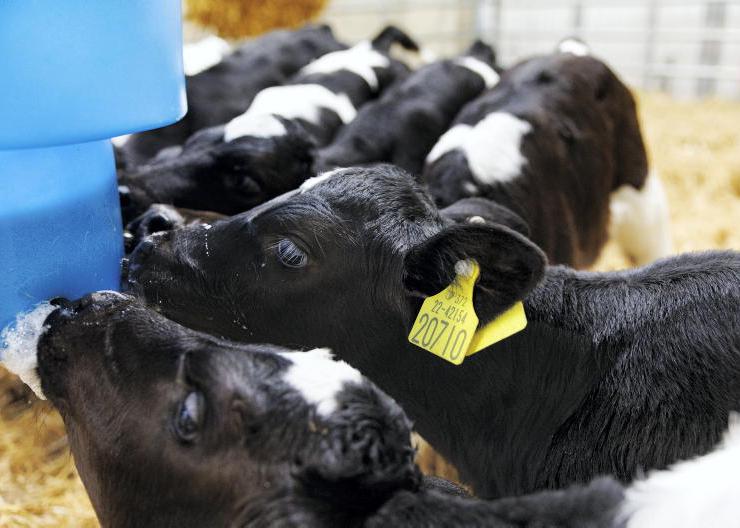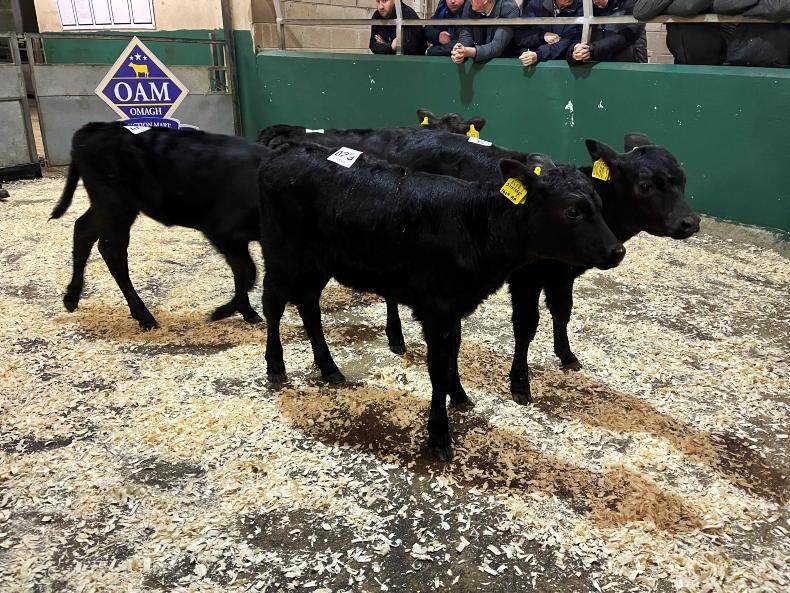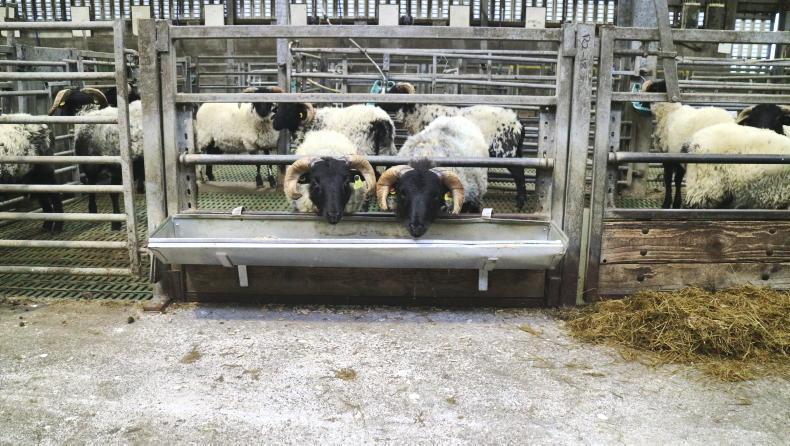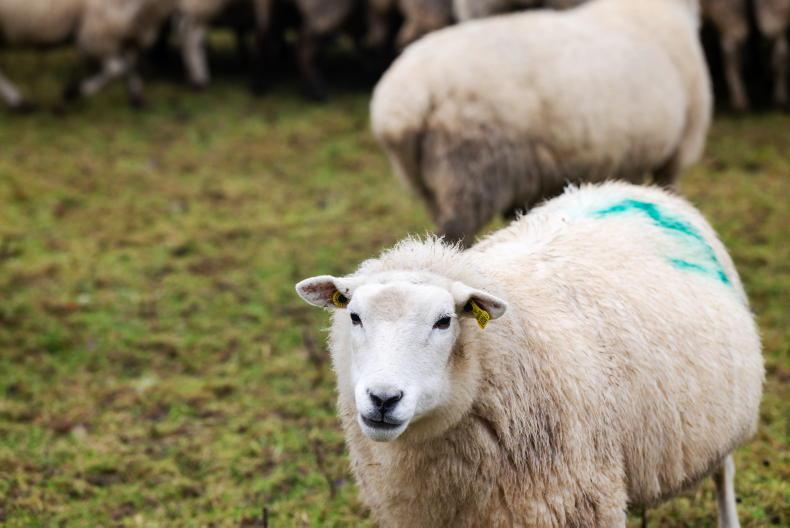The Teagasc 2022 National Dairy Conferences will take place on Tuesday 6 December at the Rochestown Park Hotel, Cork, and on Thursday 8 December at the Mullingar Park Hotel, Mullingar.
The theme of the conferences is ‘Turning challenges into opportunities’ and discussions such as reducing nitrogen usage and improving calf quality will be heard.
The National Dairy Conference opens with presentations by milk market experts from two major dairy processors that outline the evolving demands of customers around food traceability and environmental footprint of dairy products.
Dr Mary Flynn from the Food Safety Authority of Ireland will also be in attendance to provide a scientific perspective on the role of dairy products in human nutrition.
Nitrogen reduction
Another technical session at the conference will focus on strategies to maintain sward and animal performance while reducing chemical nitrogen input.
A panel of farmers and researchers will share insights on grazing management and sward quality, as well as establishing and maintaining clover content.
Calf quality
‘Delivering a better quality calf crop’ is the topic for discussion in the afternoon session.
Themes will include selective use of high index beef AI while minimising calving issues, managing space requirements of calves and practices to promote high welfare of beef calves from birth to sale.
In the final part of the day, a series of short technical updates will focus on some of the key practical issues affecting dairy farmers in the coming months.
Of particular interest will be a paper on benchmarking production costs for 2023. Setting targets for low somatic cell count in early lactation, how work routine and technology affect labour input at milking and the latest results on methane reduction at pasture will also be discussed.
Speaking at the launch of the conference, head of dairy knowledge transfer at Teagasc Dr Joe Patton said: "Irish dairying has delivered a viable economic model for family farms and an excellent food product for consumers over many years.
"Nonetheless the industry now faces a number of challenges particularly in relation to improving water quality and reducing greenhouse gas emissions."
Dairy farmers, he added, are also very conscious of the need to maintain animal health and welfare standards while reducing antimicrobial use.









SHARING OPTIONS